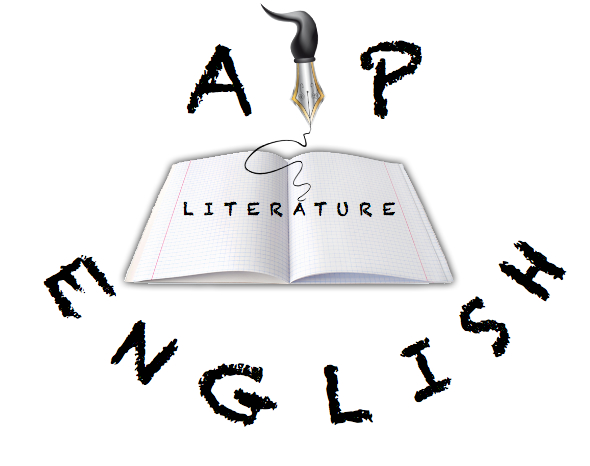The AP Program offers two courses in English studies, each designed to provide high school students the opportunity to engage with a typical introductory-level college English curriculum. The AP English Language and Composition course focuses on the development and revision of evidence-based analytic and argumentative writing and the rhetorical analysis of nonfiction texts. The AP English Literature and Composition course focuses on reading, analyzing, and writing about imaginative literature (fiction, poetry, drama) from various periods. There is no prescribed sequence of study, and a school may offer
one or both courses.
AP English Language and Composition Course Content
The AP English Language and Composition course aligns to an introductory college-level rhetoric and writing curriculum,
which requires students to develop evidence-based analytic and argumentative essays that proceed through several stages or drafts. Students evaluate, synthesize, and cite research to support their arguments. Throughout the course, students develop a personal style by making appropriate grammatical choices. Additionally, students read and analyze the rhetorical elements and their effects in non-fiction texts, including graphic images as forms of text, from many disciplines and historical periods.
The AP English Language and Composition course is designed to help students become skilled readers and writers through
engagement with the following course requirements:
- Composing in several forms (e.g., narrative, expository,
analytical, and argumentative essays) about a variety of subjects - Writing that proceeds through several stages or drafts, with
revision aided by teacher and peers - Writing informally (e.g., imitation exercises, journal keeping,
collaborative writing), which helps students become aware of
themselves as writers and the techniques employed by other
writers - Writing expository, analytical, and argumentative compositions
based on readings representing a variety of prose styles
and genres - Reading nonfiction (e.g., essays, journalism, science
writing, autobiographies, criticism) selected to give students
opportunities to identify and explain an author’s use of
rhetorical strategies and techniques1 - Analyzing graphics and visual images both in relation to
written texts and as alternative forms of text themselves - Developing research skills and the ability to evaluate, use, and
cite primary and secondary sources - Conducting research and writing argument papers in which
students present an argument of their own that includes the
analysis and synthesis of ideas from an array of sources - Citing sources using a recognized editorial style (e.g.,
Modern Language Association, The Chicago Manual of Style) - Revising their work to develop
- A wide-ranging vocabulary used appropriately and
effectively; - A variety of sentence structures, including appropriate
use of subordination and coordination; - Logical organization, enhanced by techniques such as
repetition, transitions, and emphasis; - A balance of generalization and specific, illustrative
detail; and - An effective use of rhetoric, including tone, voice, diction,
and sentence structure
- A wide-ranging vocabulary used appropriately and
What makes this course interesting?
Strengthen the effectiveness of your writing through close reading and frequent practice at applying rhetorical strategies, analyzing information from source texts, and writing arguments. Become a critical reader of predominantly nonfiction works, including expository, argumentative, analytical, and personal texts from various authors and time periods. Learn about the elements that define effective argument and composition through the critical analysis and interpretation of complex texts. Understand the interactions among a writer’s purpose, audience, subject, and genre and how each of these contributes to effective writing. Enhance your own writing skills and understand better each stage of the writing process as you develop expository, analytical, and argumentative compositions.
Sample Activity
Conduct research on a topic and then use that information to create your own argument or assertion about the topic. Participate in a roundtable discussion in which you’ll present research and examine key questions on an assigned topic. Keep an “assertion journal” in which given a quote, you will analyze and evaluate a writer’s assertion






Leave A Comment
You must be logged in to post a comment.